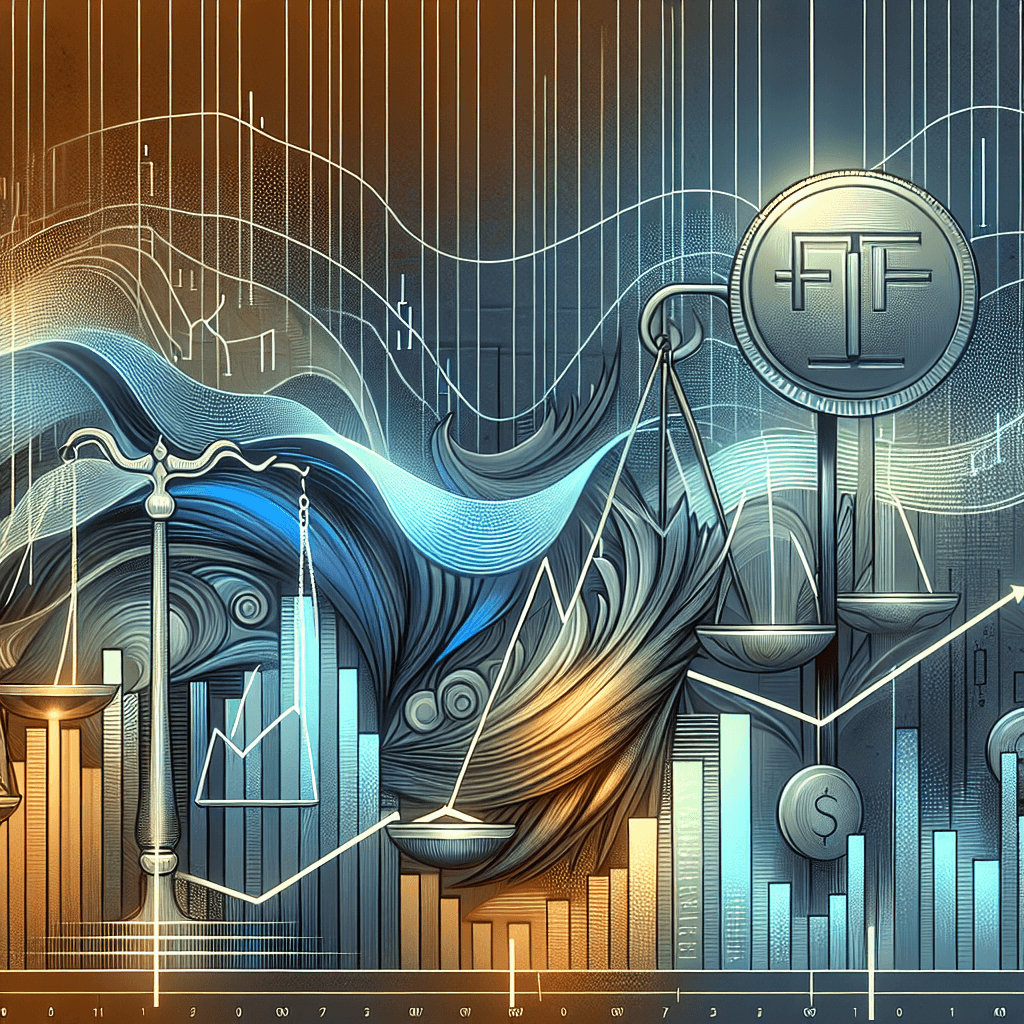Impact of KRW-USD Exchange Rate on ETF Investment Strategies

The recent maintenance of the KRW-USD exchange rate at 1400 has led to currency-exposed ETFs outperforming currency-hedged versions. This trend is largely attributed to the forex gains from the rising exchange rate, with some forecasts predicting a potential climb to 1500. In this climate, financial experts suggest that diversifying some portfolios with currency-hedged options could mitigate exchange rate volatility risks. While currency-exposed ETFs continue to report higher returns, it is noted that long-term investments may favor these options.
Moreover, analysis of the FTSE Global All Cap index reveals that the global stock market has more than tripled over the past decade, yet South Korea's share remains a modest 1.26%. This underscores the urgency of expanding overseas portfolios. Ye Kyung-jin from Mirae Asset Management recommends indirect investments for retirement planning by investing in ETFs such as SPY, VOO, and IVV, which track the S&P500, while also suggesting dividend stability-focused ETFs like VIG and SCHD.
Related News
Due to 'King Dollar'... Unhedged US ETF Yields Far Outperform Hedged Ones - Korea Economic DailyDue to 'King Dollar'... Unhedged US ETF yields have significantly outperformed hedged ones. With rising exchange rates, gains from currency appreciation are also expected. Yields up to seven times higher compared to currency hedged ETFs. Funds are flocking to unhedged investments amid high exchange rates. Strong dollar trend... Rates may reach 1500 won. Future exchange rate volatility may increase, necessitating a diversification strategy with hedged ETFs.
After Retirement, Accumulating 'This' Every Time Money Came In Changed Retirement - Chosun IlboAfter retirement, accumulating this every time money came in changed retirement - Chosun Ilbo Money. Preparing for retirement with overseas ETFs. Looking at the FTSE Global All Cap Index, which covers 98% of global stocks, the global stock market has grown more than three times in the past 10 years. But based on this index

